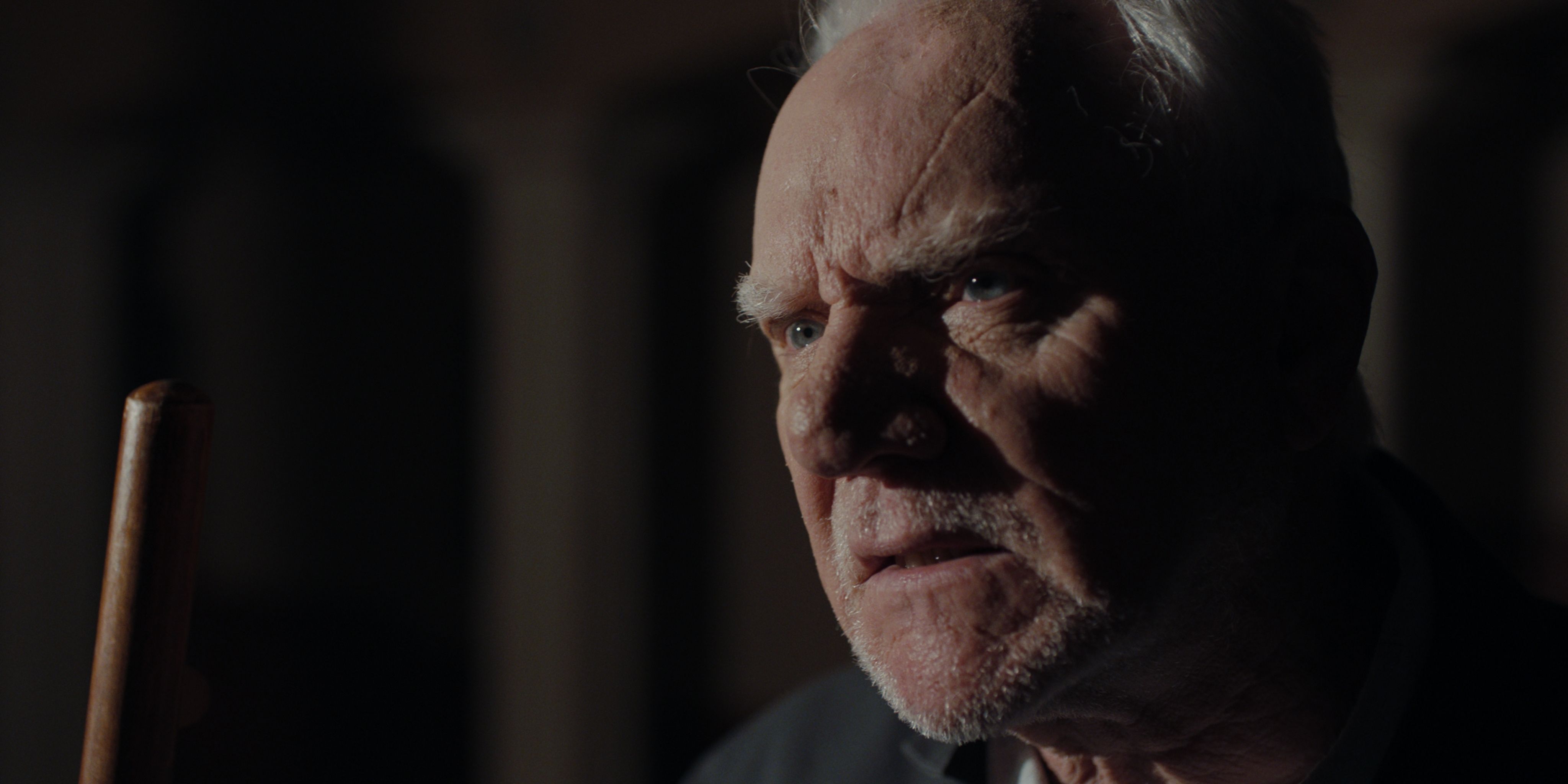On the presidential campaign trail in early 2020, Joe Biden often came across as surprisingly slipshod for a politician at his level, particularly one who had been doing this nearly his entire adult life.
In his stump speeches, he would abruptly go from whispering to shouting. He struggled to finish sentences. He sometimes adopted a mournful tone at odds with a man trying to fire up voters.
One appearance at a church in South Carolina, I described at the time as “subdued and meandering.” After another at a theatre in New Hampshire, I quoted an audience member’s blunt assessment: “His time has passed. He’s not the old Joe Biden.”
It was hard to tell whether Mr. Biden really had lost a step or whether the candidate was simply a poor public speaker. He did, after all, have a history of verbal gaffes dating back to the 1970s.
The question would dog Mr. Biden throughout the campaign and his presidency, culminating in the disastrous June, 2024, debate with Donald Trump that ultimately forced Mr. Biden to abandon his re-election bid.
Now, Original Sin, the new book by CNN anchor Jake Tapper and Axios reporter Alex Thompson out Tuesday, offers an exhaustively reported answer. Mr. Biden was already diminished by 2020, according to the pair’s sources, and saw his faculties decline precipitously afterward, particularly in the second half of his White House term.
The then-president’s closest advisers engaged in what Mr. Tapper and Mr. Thompson dub “a coverup” to hide the worst of their boss’s cognitive collapse from the public. Ironically, it all culminated in the outcome Mr. Biden had most wanted to avoid, with Mr. Trump returning to the presidency.
Former U.S. President Joe Biden, center, and his wife Jill arrive for the funeral of Pope Francis in St. Peter’s Square at the Vatican, on April 26.Cecilia Fabiano/The Associated Press
By an accident of timing, the tome lands just two days after Mr. Biden’s office revealed that the ex-president is battling an aggressive form of prostate cancer. Eighty-two years old at the end of his term, he is the oldest person to serve as U.S. president, a record set to be broken by Mr. Trump.
The co-authors say they interviewed about 200 people and the depth of that work shows. In anecdote after anecdote, they reveal how Mr. Biden appeared to a wide range of people who interacted with him behind the scenes, charting initial symptoms of decline during the 2020 campaign – when he reportedly had trouble tracking conversations over Zoom – to more unsettling incidents during his time in office.
Mr. Biden relied on teleprompters and note cards even in private settings, Mr. Tapper and Mr. Thompson write, such as White House meetings and receptions with wealthy donors. Closed-door sit-downs with his cabinet were scripted, with Mr. Biden’s aides asking government agencies to tell them in advance what they planned to ask the president. His closest advisers, meanwhile, limited access to him by members of cabinet and other White House officials.
Original Sin also describes Mr. Biden forgetting the names of top aides and mixing up key dates in his life. When he arrived at a 2024 Hollywood fundraiser hosted by George Clooney, the book reports, Mr. Biden did not recognize the actor despite having known him for 20 years. It was common for Mr. Biden to trail off during conversations and speak so quietly that people couldn’t hear him. During meetings and phone calls, he sometimes forgot why he was having the conversation.
Mr. Biden’s physical frailty, meanwhile, was such that his handlers discussed getting him a wheelchair – but only after the 2024 election, the book says.
The wall between Mr. Biden and the public worked the other way, too, Mr. Tapper and Mr. Thompson report, with aides hiding poor poll numbers from him. The book describes a meeting between Mr. Biden and Chuck Schumer, the Democratic leader in the Senate, in which Mr. Biden admitted he had not spoken to his own pollsters mere months before the 2024 election. When Mr. Schumer told Mr. Biden that those pollsters only gave Mr. Biden a 5-per-cent chance of winning, Mr. Biden reportedly replied, “Really?”
By running for re-election, then taking more than three weeks after the debate to quit the race, Original Sin contends, Mr. Biden severely damaged his party’s chances of holding the White House.
Mr. Biden returns to the White House in Washington after campaign events in New Hampshire, on Oct. 22.HAIYUN JIANG/The New York Times News Service
Mr. Tapper and Mr. Thompson also glance at the policy and national security implications of Mr. Biden’s troubles. “The presidency requires someone who can perform at 2 am during an emergency. Cabinet secretaries told us that by 2024, he could not be relied upon for this,” the authors write.
Still, Original Sin does not offer a comprehensive assessment of how Mr. Biden’s governance decisions were affected or changed by his decline. The book also does not reflect on criticism of the U.S. media from both political camps for their handling of the issue – did reporters fail to dig deep enough into Mr. Biden’s decline or did they overplay it relative to Mr. Trump’s erratic behaviour? And while the authors touch on the history of presidential health and secrecy, they don’t delve much into this context.
The book’s structure is also loose. Some sections read as a marathon series of insider anecdotes, seemingly driven by a desire to include as much information as possible even after the authors have ably proven their thesis.
These writing choices are probably more by design than flaw, fitting with a current subgenre of Washington insider book, in which the objective is to reconstruct as many backroom scenes as possible and publish them quickly. Still, a reader not already invested in in the subject matter may find it repetitive.
Either way, Original Sin both asks and answers troubling questions about health and the world‘s most powerful political office. And it creates a highly detailed historical record along the way.






![18th Aug: Misaeng: Incomplete Life (2014), Limited Series [TV-MA] (7.25/10)](https://occ-0-1081-999.1.nflxso.net/dnm/api/v6/Qs00mKCpRvrkl3HZAN5KwEL1kpE/AAAABb1lRf3S6d_5j8b2Pr9n_h3AHUxhctPNFvNFBvqn53_ol_LSl0xaZ_g3i7rfAvSHE1Mrf4pLv3pYsQlijyLJBUYbbnlhcUamektf.jpg?r=630)






